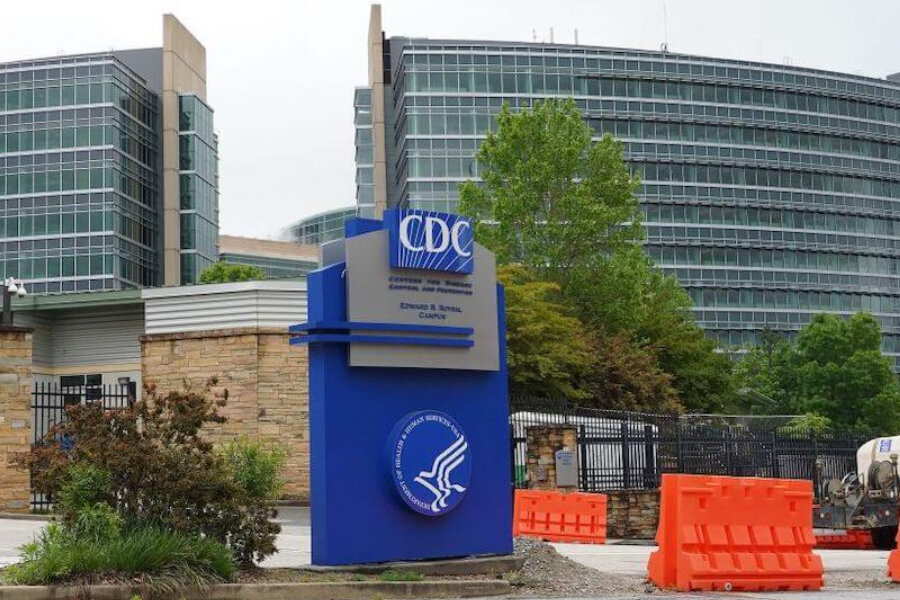A paper from the U.S. Centers for Disease Control (CDC) released on Thursday revealed that thousands of young children have ended up in the emergency room in recent years after consuming the widely used sleep-aid supplement, melatonin.
The agency reported that melatonin, sometimes found in gummy form intended for adults, was involved in approximately 7 percent of emergency room visits for young children and infants due to “unsupervised medication ingestions.” Many of these incidents were associated with flavored gummy formulations. These incidents occurred from 2019 to 2022.
Melatonin is a hormone naturally produced by the human body to regulate the sleep-wake cycle. Sold in various formulations, supplements are typically consumed before bedtime and are favored by individuals dealing with insomnia, jet lag, chronic pain, and other sleep-related issues.
The U.S. Food and Drug Administration does not regulate this supplement, and there’s no requirement for child-resistant packaging. Nonetheless, several supplement companies opt for caps or lids that are challenging for children to open.
According to the CDC report, many instances of young children ingesting melatonin occurred because the children accessed bottles that hadn’t been securely closed or were within their reach.
Thursday’s report, the agency said, “highlights the importance of educating parents and other caregivers about keeping all medications and supplements (including gummies) out of children’s reach and sight,” including melatonin.
The roughly 11,000 emergency room visits due to unsupervised melatonin consumption by infants and young children between 2019 and 2022 underscore the significance of educating parents and caregivers about ensuring all medications and supplements, including gummies, are kept out of children’s reach and sight.
The CDC highlights a five-fold increase in melatonin usage among Americans over the past 25 years. This surge aligns with a 530 percent rise in poison center calls related to melatonin exposure in children from 2012 to 2021, as well as a 420 percent increase in emergency room visits due to unsupervised melatonin ingestion by young children or infants from 2009 to 2020.
Certain health officials recommend that children under the age of 3 refrain from using melatonin unless directed by a doctor. Possible side effects include drowsiness, headaches, agitation, dizziness, and bedwetting.
Additional signs of excessive melatonin intake comprise nausea, diarrhea, joint pain, anxiety, and irritability. Moreover, the supplement may affect blood pressure levels.
Nevertheless, officials have stated that there is no defined threshold for a melatonin overdose. Typically, adult melatonin supplements contain up to 10 milligrams of melatonin per serving, with some containing lower amounts.
According to officials, many individuals can handle relatively high doses of melatonin without experiencing major harm. However, there is no specific antidote for an overdose. In situations where a child unintentionally consumes melatonin, doctors frequently request a responsible adult to keep a close watch on them at home.
Share your thoughts by scrolling down to leave a comment.













